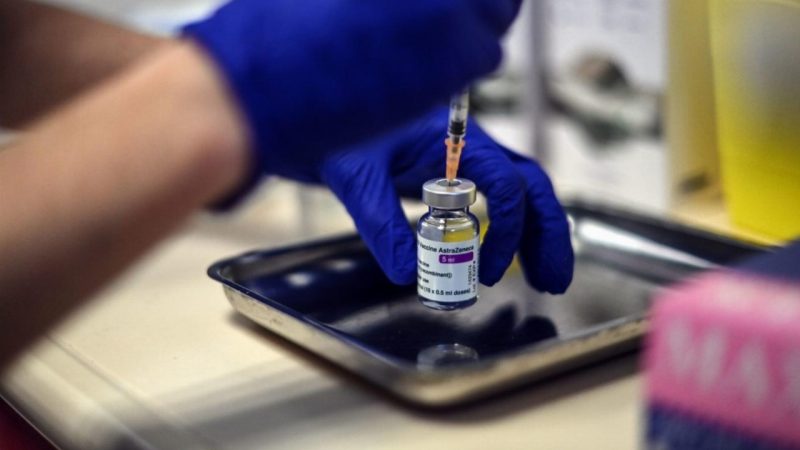- The European Union is reportedly concerned the U.S. won’t supply them with enough COVID-19 vaccines to keep up with demand
- The ABC reports the E.U. is worried about further delays in rolling the jabs, as the U.S. wants to keep the majority of immunisations it manufactures
- This is an issue as AstraZeneca has cut its planned vaccine shipments to Europe, instead promising the U.S. would supply extra vaccines
- The issue comes as several nations in the E.U. pause the rollout of AstraZeneca jabs, as they investigate a series of blood clot incidents
- However, the European Medicines Agency (EMA) stated there is no confirmed link between the incidents and the vaccine
The European Union is reportedly concerned about a shortage of available COVID-19 vaccines in the coming months.
In particular, the ABC reports that the E.U. is worried that the U.S. won’t supply them with additional vaccines.
Extra jabs needed
Europe had been promised the U.S.-made jabs by drugmaker AstraZeneca, which had advised the E.U. it would reduce the amount of vaccine shipments from April to June.
The E.U. had ordered 180 million doses, but the drugmaker has advised them only 90 million will be available with the U.S. able to fill the shortage.
However, President Joe Biden has previously stated that vaccines made in the U.S. would go to its own citizens as a priority before surplus supplies are then sent overseas.
“Our first focus is in ensuring the American people are vaccinated,” White House Press Secretary Jen Psaki said.
“Of course, any country can purchase vaccines from these manufacturers directly,” she added.
AstraZeneca rollout paused
The potential shortage of vaccines in Europe comes as several nations suspend the rollout of the AstraZeneca jab to investigate several blood clotting incidents.
Denmark, Austria and Italy have all hit pause on this particular vaccination rollout after several of their residents died following blood clotting.
But the European Medicines Agency (EMA) said there was no link between the vaccines and the blood clotting deaths and that the inoculation was safe.
“The number of thromboembolic events in vaccinated people is no higher than the number seen in the general population,” the agency explained.
“There is currently no indication that vaccination has caused these conditions, which are not listed as side effects with this vaccine,” it added.
‘The position of EMA’s safety committee is that the vaccine’s benefits continue to outweigh its risks and the vaccine can continue to be administered while investigation of cases of thromboembolic events is ongoing,” the EMA concluded.

